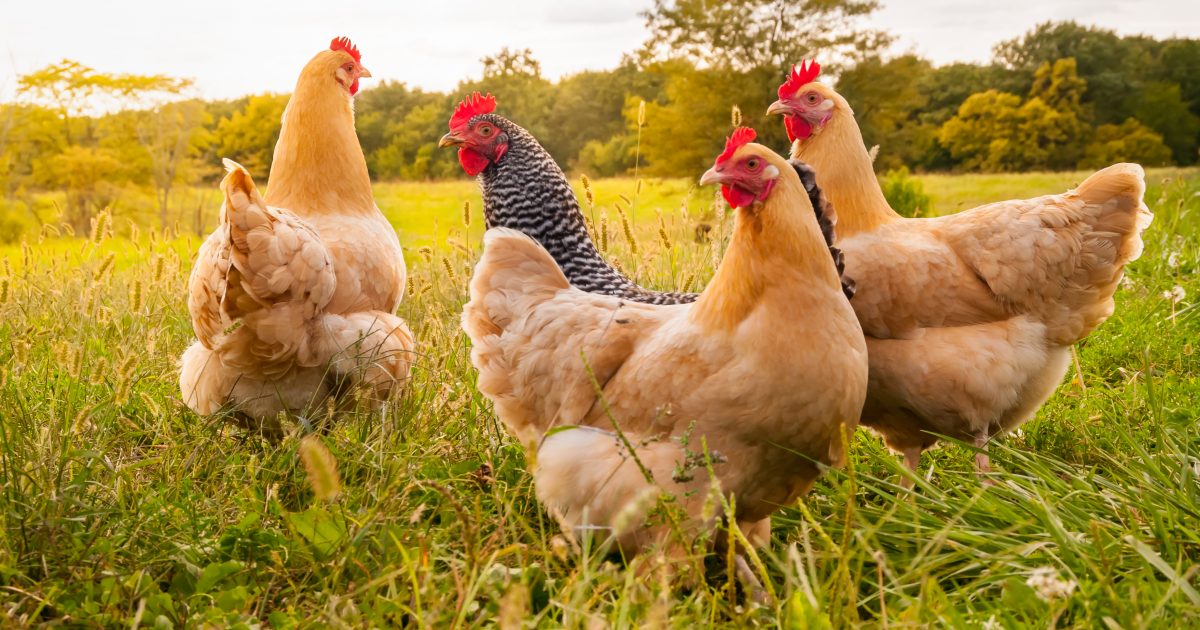The Ugandan poultry industry players have urged the government to hold talks with Kenya aimed at resolving the persistent trade wrangles, the latest being the continued ban on egg imports by Kenya.
Kenya issued the ban in January this year affecting all poultry products including eggs and chicken meat, the justification being protecting local producers.
The ban followed petitions by Kenyan farmers that the high import volumes were making the business environment hard for the local famers there who were suffering from the effects of the covid-19 at the same time.
“In order to support local producers to recover from trade disruptions in their livestock enterprises occasioned by the Covid-19 pandemic, we have instructions to suspend importation of the following products into the country with immediate effect,” said the letter by Obadiah Ngaji, Director of Veterinary Services in Kenya.
He named the frozen chicken carcasses and cuts and the chicken table eggs for human consumption.
The cry by the Kenyans were again brought out in April this year saying the imported eggs had continued despite the ban, prompting stiffer enforcement.
And in October, for example, 7,800 crates of eggs were confiscated in western Kenya after a 50-km chase by Kenyan police of the truck suspected to have carried the commodity from Uganda.
The eggs worth 2.7 million Kenya Shillings were confiscated near Homa Bay in Western Kenya.
This latest enforcement has seen imports decline sharply with the small volumes being smuggled into the country.
The Egg Traders Association – KENYA have now petitioned their government to have the almost year-long ban lifted to cater for the biting scarcity.
The Association secretary Julius Masinde says in a statement supported by 14 signatures, that they have been trying to work with the farmers in Kenya to ensure stable supply, but the local producers are unable to satisfy the market. This has affected the traders in turn.
“As a result of the suspension of the importation of table eggs, many of our members who trade in eggs have been rendered jobless due to lack of the trade commodity,” he says.
He says that as the Kenyan economy further opens, demand for the eggs is rising and that even hotels are finding it hard to get adequate supplies.
Masinde says they are ready to work with the government in case there are any issues regarding standards, but that that the suspension should be lifted immediately.
Aga Sekalala, the chairman Poultry Association of Uganda says they have seen the letter in which the Kenyan traders are petitioning their government and brought it to the attention of the Ugandan government.
“We have seen the letter and we have forwarded it to the government,” Sekalala says, adding that they hope this will compel the two government to return to talks.
Ugandans are concerned that in the recent trade talks between the two government, poultry was not on agenda and that most of the effort was put on sugar, milk and beef.
They wonder why the government has not treated them with the same importance as the other exports that have been banned.
“We hear that there is a new minister for trade called Mwebesa, but we have never seen him, nor heard of what he says,” says Mr. Sekalala. “We only still see (Amelia) Kyambadde talking about trade.”
He says they are yet to get a response on the letter from Kenya that they forwarded to the Ministry of Trade, Cooperatives and Industry and of the EAC Affairs ministry.
Sekalala says that the ban has affected the market and that the farmers are suffering with surplus production.
“A tray was recently at 8,500 shillings, which was low and we were expecting it to rise to 9,000 shillings. But instead, the price has dropped to 7,500 shillings which is not sustainable for a farmer,” he says.
On how important the Kenyan export market is to Uganda, Sekalala says under normal circumstances, Kenya consumes 60 percent of the eggs commercially produced by Ugandans.
State Minister for Trade, Harriet Ntabazi said she has heard about the petition by the Kenyan farmers, but is yet to see it or react to it.
She promised that the ministry will handle the situation when she gets back from an official trip to Europe early next month.
–URN





